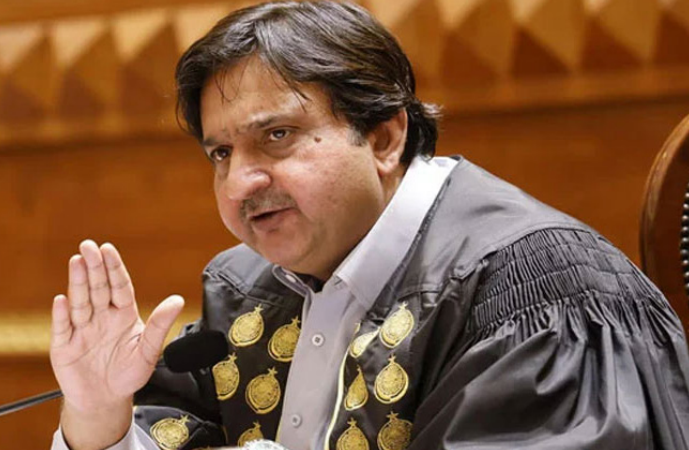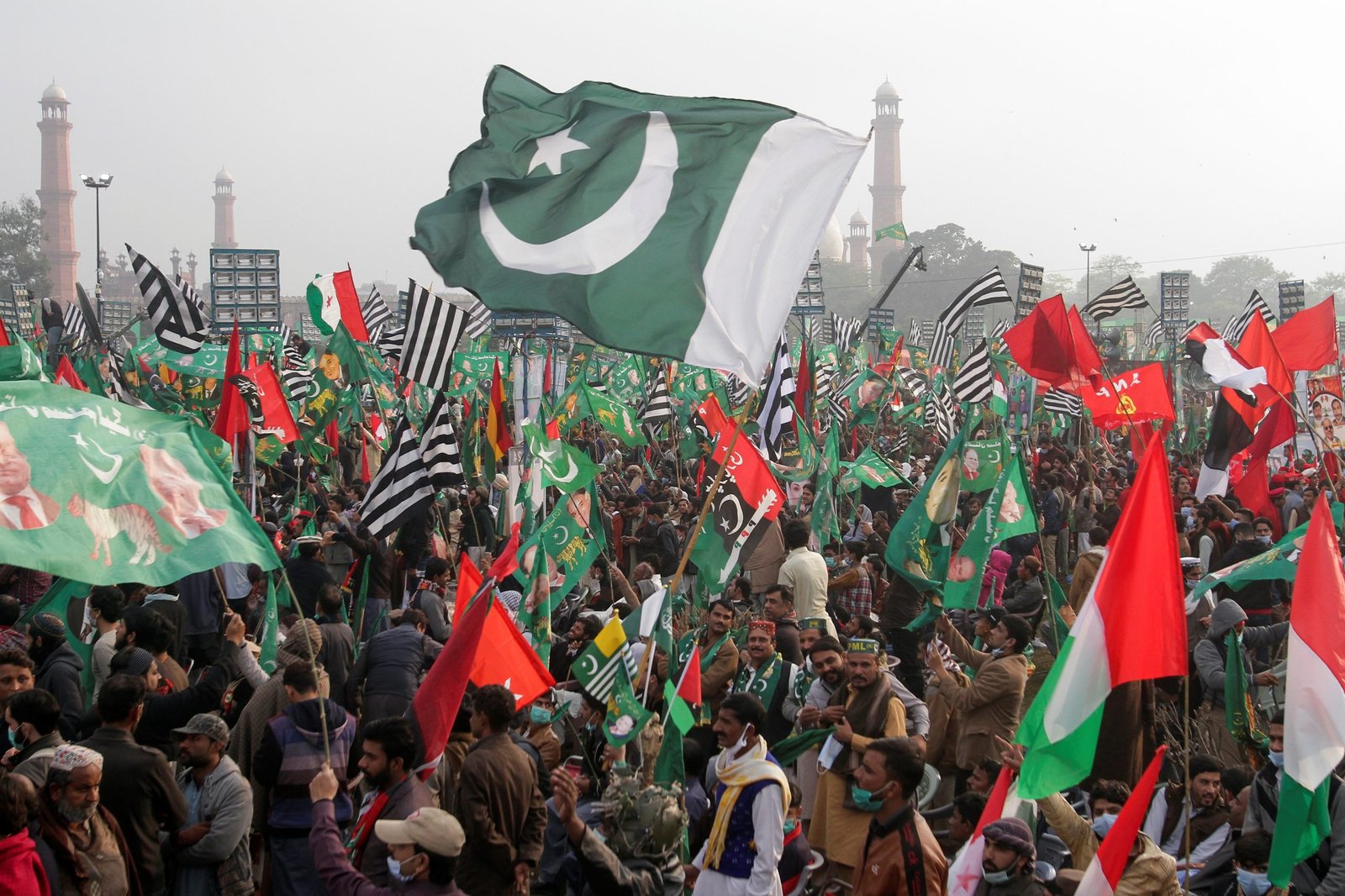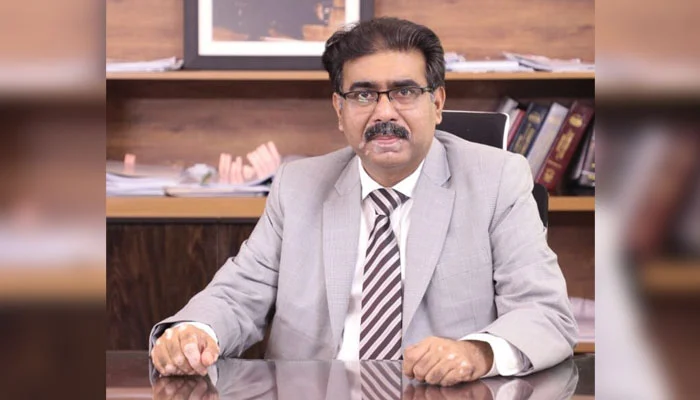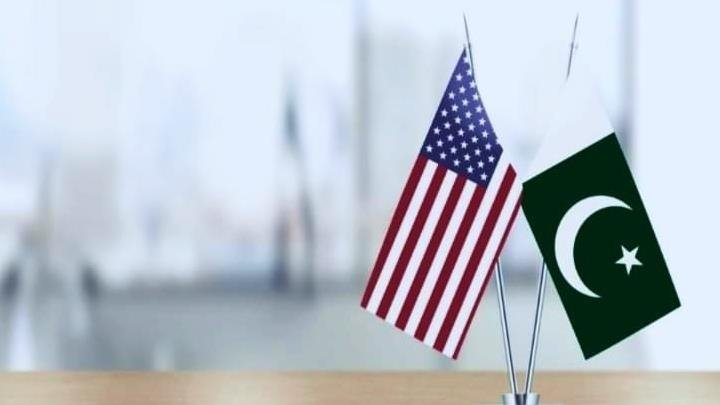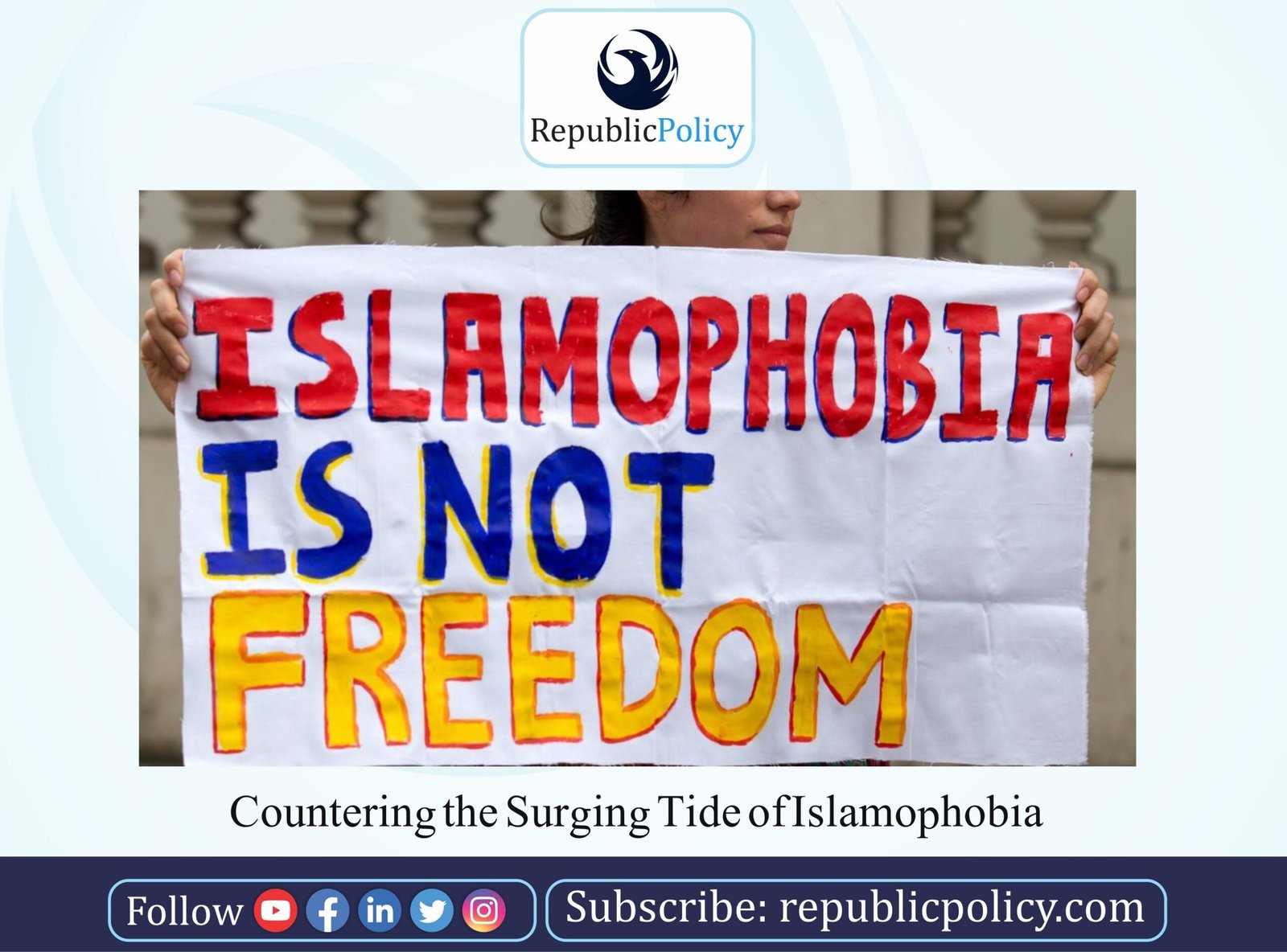Abdul Rehman Niazi
Pakistan is currently facing a significant issue with the widespread illicit cigarette trade, primarily controlled by local manufacturers who evade taxes. This underground market not only siphons off crucial tax revenue but also undermines the legitimate tobacco industry, disrupts economic growth, and weakens public health initiatives.
Despite the severity of the problem, the government’s response has been largely muted, raising concerns about the influence of powerful lobbies and political agendas. More than half of Pakistan’s cigarette market is dominated by these illegal manufacturers who sell untaxed cigarettes at much lower prices than legal products. This deprives the government of essential revenue that could fund social programs, improve infrastructure, and support public health campaigns aimed at reducing tobacco use.
The persistent growth of this illegal sector poses a troubling question: is the government more focused on protecting vested interests than on safeguarding public health and economic stability? Adding to the complexity are non-governmental organizations (NGOs) that advocate for tobacco control but have been implicated in allegations of embezzlement, financial mismanagement, and even potential diversion of funds for terrorist activities. Over the years, many of these organizations have faced internal terminations due to these financial issues.
In a country where health funding is already limited, these misappropriations further hinder efforts to combat smoking. Compounding the problem, some international NGOs downplay the issue of illicit trade, inadvertently providing cover for illegal manufacturers. In their pursuit of funding, these organizations sometimes compromise their ethical standards, which not only weakens tobacco control efforts but also exacerbates broader public health and economic challenges.
Claims of prioritizing economic growth are contradicted by the ongoing illicit cigarette trade, suggesting that entrenched lobbies continue to weaken regulatory enforcement, especially in the tobacco sector.
This reflects a deeper issue where powerful interests within the illicit trade influence policy, preventing the government from taking decisive action.
The unchecked growth of the illicit cigarette market results in not only lost tax revenue but also threatens Pakistan’s broader business environment. Legitimate businesses struggle to compete with illegal products that evade taxes and are often produced under substandard conditions. This creates an uneven playing field, discouraging investment, and sending negative signals to foreign investors. If left unchecked, the illicit trade could damage investor confidence, stunt economic growth, and deter much-needed foreign capital.
Pakistan must confront the realities of its illicit cigarette trade by enforcing stricter laws and regulations. This issue is not just about protecting businesses or generating revenue; it is about ensuring a level playing field, securing economic stability, and protecting public health. Addressing this silent crisis can help reclaim lost tax revenue, support legitimate industries, and reduce the harm caused by tobacco consumption.
The critical question remains: will the Pakistani government stand up to powerful lobbies and take the necessary action, or will it continue to allow the illicit trade to undermine the country’s economy, public health, and rule of law? The time for action is now.







